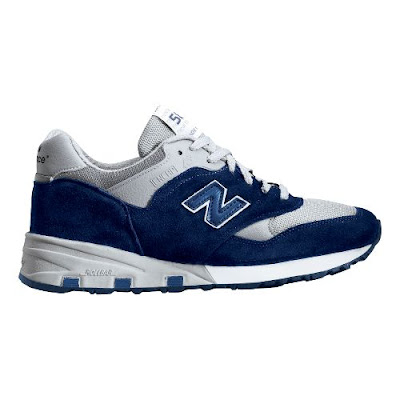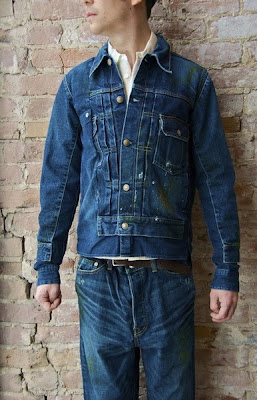"Turn on the radio all you hear is X and Jigga...HAHA! You vexed nigga!!!"
3.31.2011
3.29.2011
Going raw dog is healthier
Turkish workers believe two global fashion brands’ recent decision to ban sandblasting will not prevent workers from contracting silicosis because other large companies continue to employ subcontractors for sandblasting in emerging markets.
Fashion brands Levi’s and H&M recently announced a decision to refrain from employing workers for denim sandblasting, a process by which many denim workers contract silicosis.
“I don’t know how much they will stand behind this decision, because international companies, along with local companies such as Mavi jeans have moved to Bangladesh and Egypt and do their production there,” said Abdulhalim Demir, a denim worker who has been battling the fatal disease since 2007.
Many firms made new deals with subcontractors in Pakistan, Egypt and Syria after the Turkish Health Ministry prohibited the practice in 2008, Demir said.
Still, Levi’s and H&M insist they will neither cooperate with such subcontractors nor sell sandblasted products in the future.

According to Demir, some companies continue to use sandblasting techniques as they cannot obtain the same results with current technology.
“Although chemicals and lasers are sometimes used, many large companies won’t stop sandblasting because chemicals only create a change in the color, whereas sand gives a worn appearance,” said Demir.

Profit before loss
The reason this method has not been abandoned, despite the fatal threat to workers worldwide, is the huge profit sandblasting brings as experts say the price of denim rises in proportion to the amount of sandblasting done.
“It’s a very profitable job because it adds a value of 50 percent to a product,” said Professor Zeki Kılıçaslan, a chest physician at Istanbul University.
Kılıçaslan said enormous amounts of money were earned by some companies as their workers sandblasted numerous pieces a day, which are later exported. “These denim workers, unaware of the risks, sandblast between 2,000 and 3,000 items of clothing a day over 12 hours,” Kılıçaslan said, noting that some workers were continually exposed to the danger by sleeping in their workshops.
Noting that the number of Turkish workers suffering from silicosis has passed 1,000, Demir said illegal sandblasting was facilitated by workers coming from Georgia. Demir, who used to produce goods for Tommy Hilfiger under the Turkish subcontractor Pangel, said several terminally ill workers cannot sue the main brands as they were not directly working for them.
“In the end, big companies like Levi’s are not considered responsible for silicosis deaths because subcontractors do the sandblasting on their behalf. However, once you decide to sue the subcontractors, you cannot reach them as they are either [cannot be located] or have changed their work,” said Demir.
Kılıçarslan said there had been worldwide attempts to permanently prohibit sandblasting, as there is no chance of recovery from silicosis once it develops. Nonetheless, Demir said there were no specific punishments for subcontractors continuing the practice in Turkey.
“The penalties have not yet been determined. It is open-ended,” said Demir, adding that he was critical of the lack of interest in the issue.
No support
Some workers are fighting to have their voices heard, but are finding the process difficult because their ill health prevents them from working.
Such workers said they were not eligible for financial assistance or retirement benefits because the Labor Ministry did not consider their condition a legitimate occupational disease.
“An audit certificate is needed to prove that you have been exposed to this disease at work, which means an inspector must contact the subcontractor who employed the worker – but of course the subcontractors disappear when the condition appears. We have experts’ reports, but the Labor Ministry won’t accept them,” Demir said.
Yılmaz Kartal, who worked as a sandblaster between 2002 and 2005, said that without state support, he was having trouble making ends meet.
“I don’t have enough strength to work as I have difficulty breathing, and the companies won’t hire us under such circumstances. I’m wondering how I will pay my rent. The state should protect us,” he said.

































